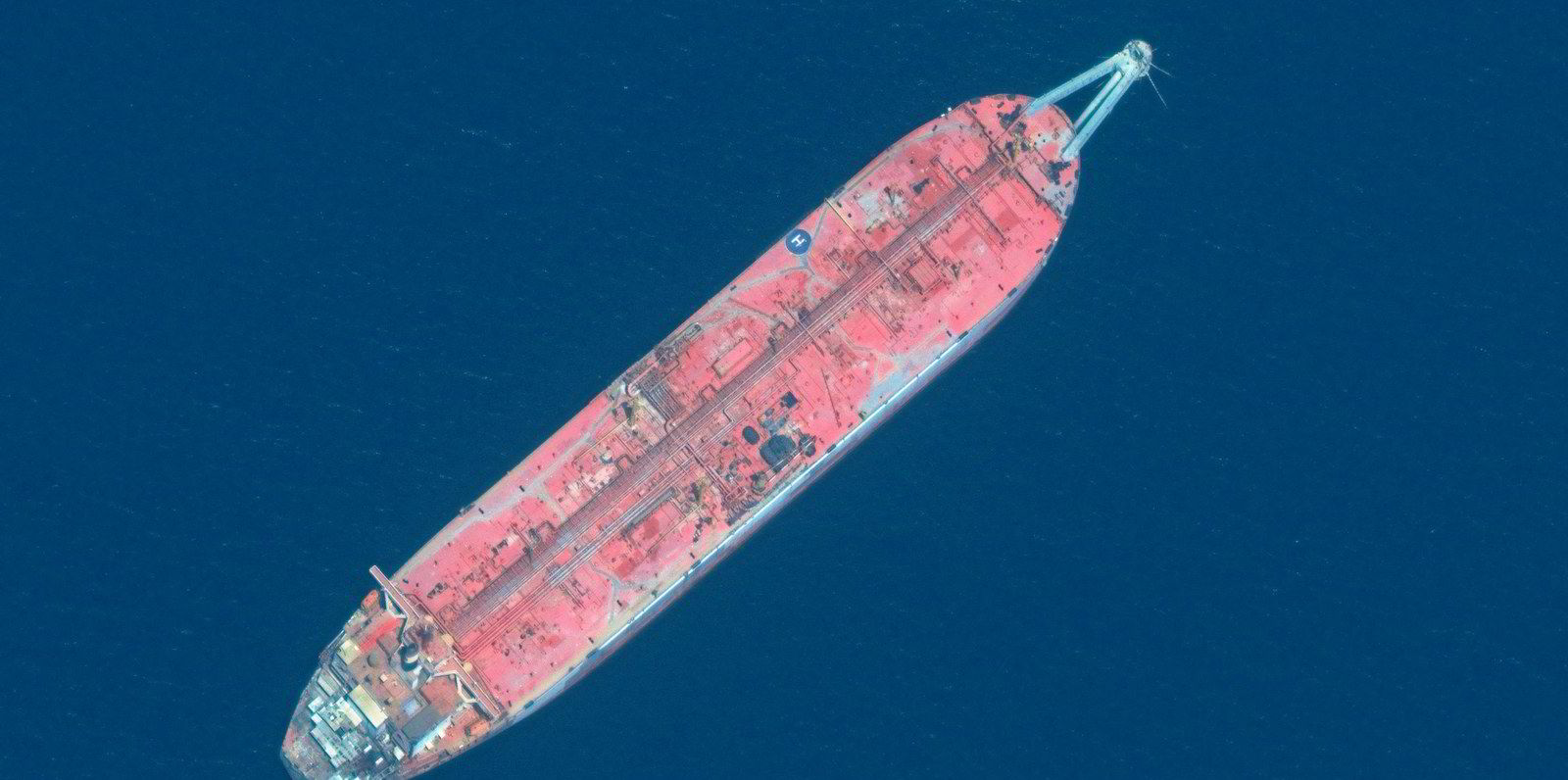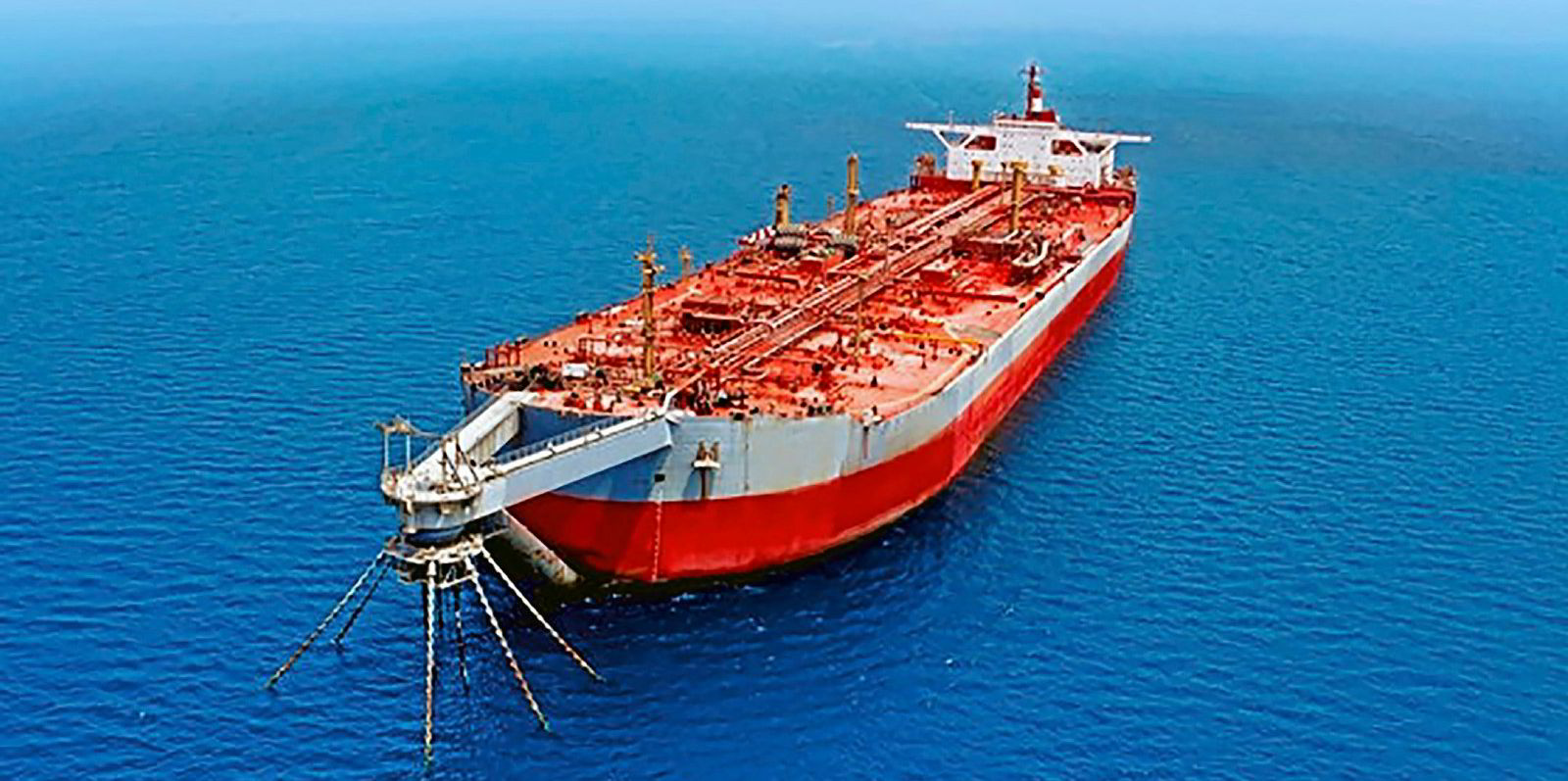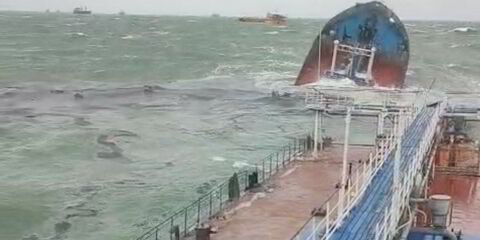The US has condemned threats made against tankers by the Houthi regime in Yemen after the failure to extend a six-month ceasefire.
Ambassador Richard Mills told the UN Security Council that the Houthi’s inflammatory threats to commercial enterprises are an “offence to the entire international community”.
He urged all sides to exercise restraint as talks continued to try to extend the lapsed ceasefire first agreed in April after seven years of war.
Yemen’s Houthi authorities, which controls the capital Sana’a and the eastern Red Sea port of Hodeidah, earlier this month warned foreign oil companies to stop working in areas controlled by the internationally-recognised government or risk attacks.
Mills, a US representative to the UN, said: “We call on the Houthis to cease rhetoric threatening commercial shipping and oil companies in the region.
“Such threats are unacceptable and even a small incident or provocation could have an outsized impact on Yemen’s future, so we urge all parties to exercise restraint during this sensitive time.”
The appeal followed comments by the Houthi leadership in the immediate aftermath of the failure to extend the six-month ceasefire.
All foreign companies were told to stop “the looting of Yemen’s sovereign wealth” in reference to companies operating in oil and gas fields in the country’s east, according to regional media.
Despite the tense discussions, Mills expressed hope that work on lifting 1.14m barrels of oil from the decaying, 407,000-dwt FSO Safer (built 1976) some 4.8 nautical miles (8.9 km) off the Houthi-controlled Ras Issa oil terminal could start soon.

In September, the UN announced that it had received more than $75m in pledges from 17 countries to start the process.
The FSO Safer has been described as a “ticking time bomb” that holds four times the amount of oil spilt by the Exxon Valdez off the Alaskan coast in 1989. The UN estimated it would cost $20bn to clean up any spill.
A further $38m is required for a replacement vessel to provide the long-term storage of the oil as its ownership is disputed by the rival sides in Yemen’s war.
Mills commended the “significant progress” on the project and called on nations to honour their pledges so the work could start before the weather turns for the worse.
UN officials said last month that the work was likely to start within four weeks and take four months to prepare the vessel for offloading. The salvage team is expected in Yemen next month.
"The truce is conducive to the UN-coordinated plan for the Safer, but it is not a prerequisite," said a UN official.
War has raged in Yemen since 2014 when Houthis seized Sana’a and much of the country’s north, forcing the government to flee.
A Saudi Arabia-led coalition entered the war to try to restore the government, but the fighting led to one of the world’s worst humanitarian crises that has left more than 150,000 people dead.




